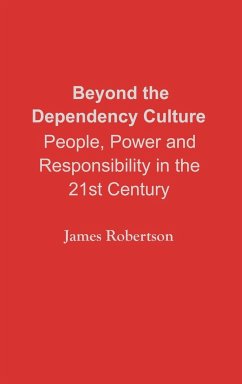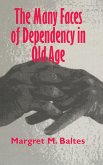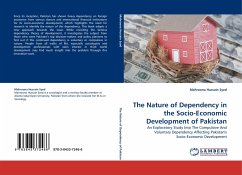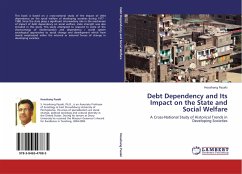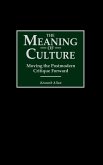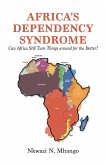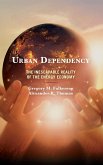Communism has collapsed and socialism is discredited. Is this the end of history? No, James Robertson argues, precisely the opposite. 20th century capitalism and socialism propped each other up. Both belonged to the modern industrialized period of human history, when the powerful interest groups of business and state dominated people, and Euro-American culture and power dominated the world. An emerging post-modern worldview foreshadows possibilities for a new path of progress, more deeply concerned for people and nature. Based on articles and lectures, this collection explores what this new path of progress could mean for politics, work, welfare, health, energy, the life of families and neighborhoods, the world role of today's rich countries, and other aspects of the human predicament today. Important reading for concerned citizens and policymakers alike.
Hinweis: Dieser Artikel kann nur an eine deutsche Lieferadresse ausgeliefert werden.
Hinweis: Dieser Artikel kann nur an eine deutsche Lieferadresse ausgeliefert werden.

